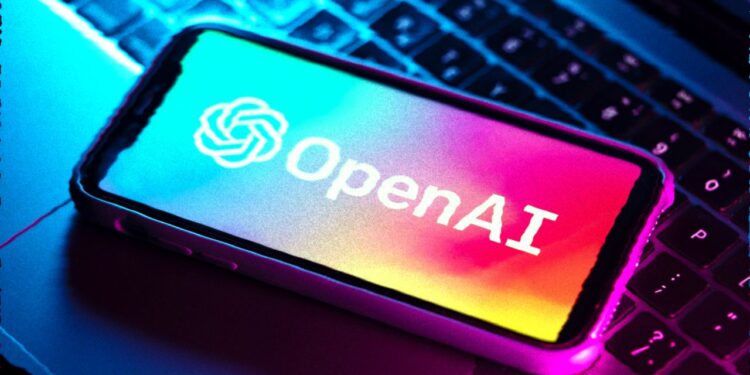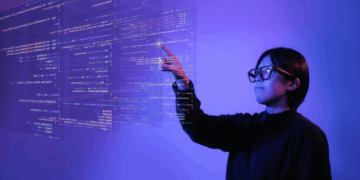What’s going on:
OpenAI, a leading artificial intelligence (AI) company and creator of the popular Chat GPT, is facing multiple lawsuits alleging violations of privacy and copyright laws, according to DigiDay. The lawsuits, filed by Clarkson Law Firm, do not name specific plaintiffs but represent over a dozen individuals. The firm is actively seeking more plaintiffs to join the class action case according to the report.
The leading companies that specialize in AI technology are under examination from regulatory bodies in the U.S. and Europe. This is causing the specialized industry to be faced with mounting legal challenges. The U.S. Federal Trade Commission has expressed concerns about generative AI technology in relation to data and talent among other concerns, according to DigiDay. In Europe, the proposed “AI Act” is causing concerns among businesses due to the legislation’s stringent guidelines and hefty fines for non-compliance, according to Worklife. This law would place guardrails around the use of AI and seeks to address the concerns for data and negative impacts on the workforce.
Why it matters:
As AI becomes more integrated into our daily lives and workplaces, issues around data privacy, intellectual property, and ethical use become increasingly important. The lawsuits and potential regulations could shape how AI is used in various sectors, from marketing to recruitment, impacting how businesses operate and how employees interact with AI technologies.
How it’ll impact the future:
If the proposed regulations are enforced, companies may need to rethink their use of AI, potentially leading to changes in job roles and workflows. Businesses might need to invest more in ensuring compliance, which could affect resource allocation and strategic planning. On the positive side, stricter regulations could lead to more ethical and transparent use of AI, fostering trust among employees and consumers.
These developments could influence the skills that are in demand in the labor market, with a potential increase in the need for legal and technical expertise in AI. They could also affect worker’s rights and protections, particularly in relation to data privacy and copyright law. Outcomes of the lawsuits involving Open AI and key regulations such as the EU’s AI Act could also shape societal attitudes towards AI, influencing how comfortable people feel working alongside these technologies.



 Dr. Gleb Tsipursky – The Office Whisperer
Dr. Gleb Tsipursky – The Office Whisperer Nirit Cohen – WorkFutures
Nirit Cohen – WorkFutures Angela Howard – Culture Expert
Angela Howard – Culture Expert Drew Jones – Design & Innovation
Drew Jones – Design & Innovation Jonathan Price – CRE & Flex Expert
Jonathan Price – CRE & Flex Expert










